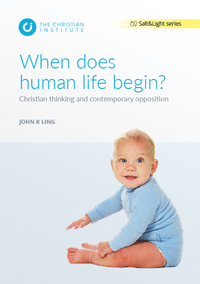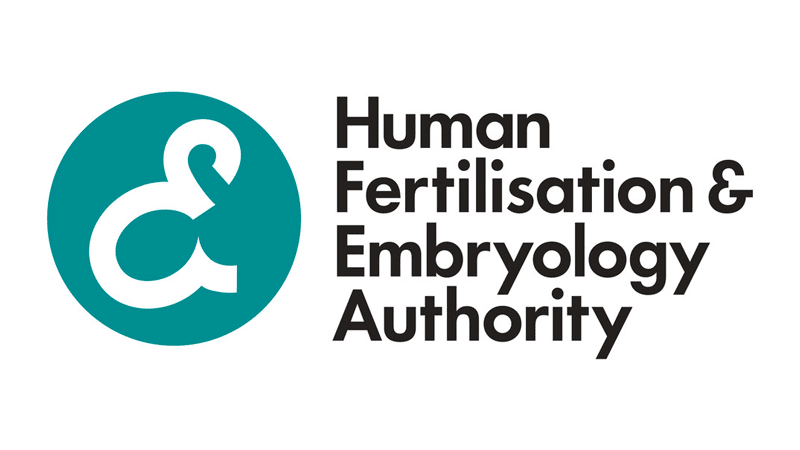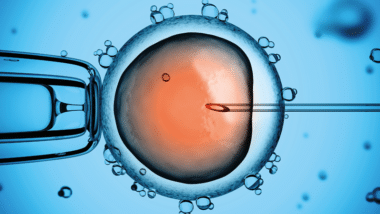The fertility watchdog is seeking new powers to pursue controversial experiments on human embryos.
The Human Fertilisation and Embryology Authority (HFEA) is proposing a change in the law that would ditch a number of the existing restrictions on embryo research in an attempt to pursue ‘scientific innovations’ for new treatments.
In a recent HFEA consultation, 80 per cent of responses from the general public opposed the fertility watchdog’s key plans.
Opposition
Announcing a range of recommendations, the HFEA argued that the time had come for the Government to give it “a wider and more effective range of regulatory tools”.
It said it wants fertility law to be “future proofed”, to be “better able to accommodate future scientific developments and new technologies”.
Despite claiming it had “some support” for limiting parliamentary scrutiny, under half of responses to the consultation from professionals (128), ‘professionals/patients’ (53), patients (361) and organisations (15) backed the proposal.
The HFEA also reported that 80 per cent (4,429) of responses from members of the public disagreed with changes to the Act that would “allow regulations to be made (by secondary legislation or statutory instruments) to enable future amendments and extensions”.
‘Designer babies’
On its consultation survey, the HFEA said a new approach to the law was required to enable research on human or animal-human embryos beyond the existing 14-day limit at which they are destroyed.
It also expressed support for medical research that looks to manipulate DNA in human embryos.
Such experiments would alter the human “germline”, something many scientists have warned could open the door to ‘designer babies’, where children are customised to have certain physical features or character traits.
The watchdog also recommended the use of “regulatory sandboxes”, which would enable new techniques to be trialled without having to be properly authorised.
Carte blanche
Responding to the consultation, The Christian Institute said: “Experimenting on human embryos is wrong and should not be done at all.”
signing an ethical ‘blank cheque’
However, it argued, “the current safeguards are an important backstop against abuse”.
“‘Future-proofing’ the HFE Act implies that every kind of embryo research that is possible will eventually be accepted by society and licensed.
“It would be far better to evaluate and debate future possibilities as and when they arise rather than signing an ethical ‘blank cheque’.”
Christian thinking and contemporary opposition
John R Ling
When does human life begin? It is a fundamental and decisive question because your answer reveals your understanding of the nature and status of the human embryo. It also shapes your stance on the big bioethical issues of the day such as abortion, cloning and embryonic stem cell research. There are many voices sowing confusion, but the Bible is unmistakably clear that human life begins at conception. In this booklet, John Ling provides a wide-ranging explanation of biblical truth, the historical Christian perspective and evidence from modern science to support this position.




